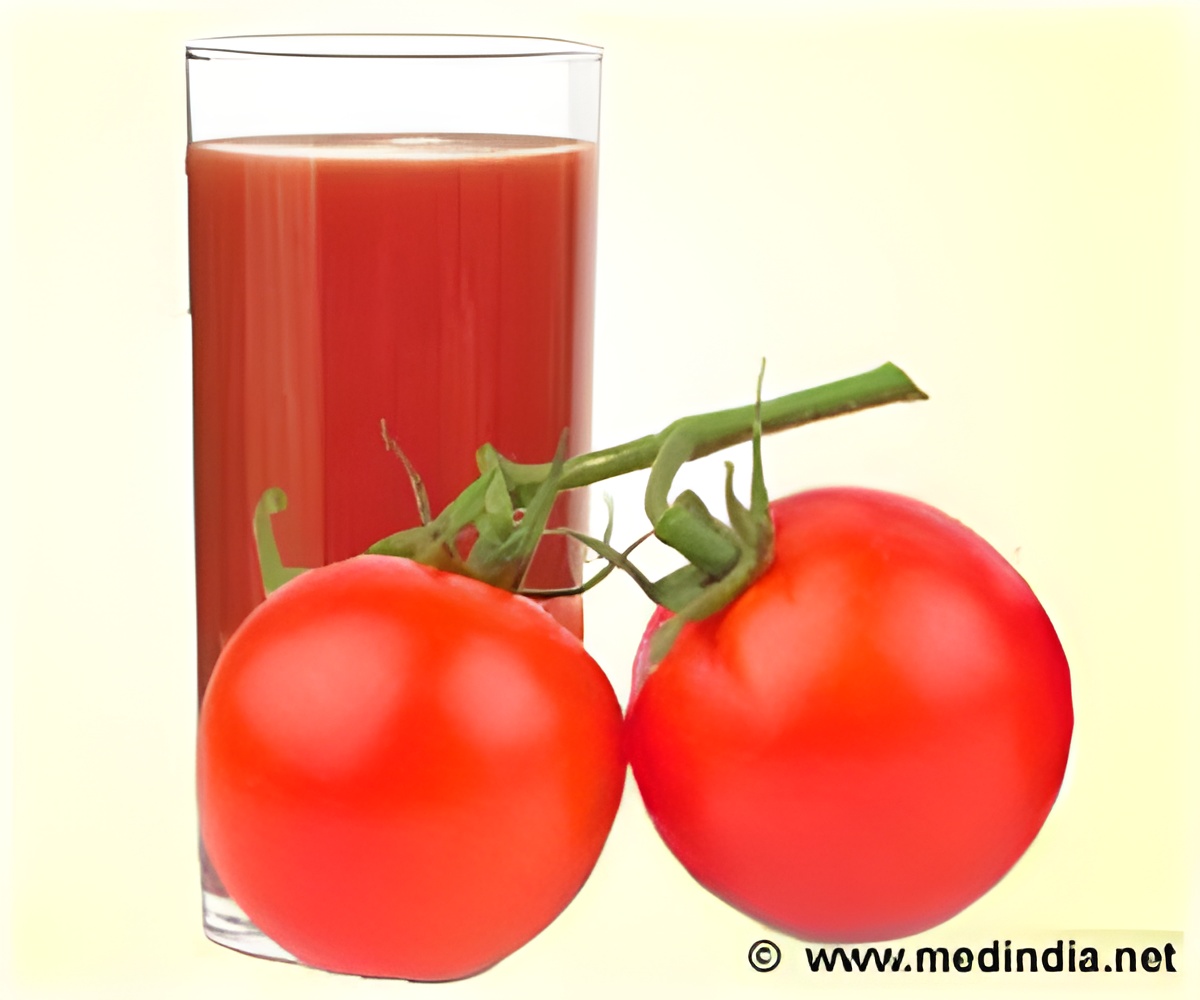An increasingly popular but unusual vintage crafted from a secret Belgian family recipe using tomatoes has caught the fancy of Canadians.

"I wanted to finish what my great-grandfather had started" in the 1930s, he told AFP as he inspected his crop of 6,200 heirloom tomato plants on his "vineyard" in Charlevoix, about 400 kilometers (249 miles) northeast of Montreal in the picturesque north shore region of the Saint Lawrence river.
Miche immigrated to Quebec province from Belgium seven years ago. He said he always had plans in the back of his mind to commercialize his great grandfather's recipe for what his website calls an aperitif wine "from a family recipe that was kept secret for four generations".
He took the plunge in 2009 and the tomatoes getting ready to ripen by mid-August will be his third harvest of the golden elixir -- which is more often a home brew limited to a few bottles made by winemaking enthusiasts.
In North America, Miche can legally call his product "wine" but he will have to rename it if he follows through with plans to export notably to France, where only alcoholic beverages made from fermented grape juice may use the appellation.
Passionate about his subject, Miche says he chooses his tomatoes with the same care that vintners select their grapes, and puts them through the same paces: crushing, soaking, fermenting and pressing.
Advertisement
In order to call his product a wine, Miche first had to convince authorities that the tomato is indeed a fruit.
Advertisement
Science supports his view. Botanically speaking, the tomato is a fruit, largely because it contains seeds of the plant. But its culinary usage in mostly savory dishes has led many to believe it is a vegetable.
The US Supreme Court weighed in on the matter in 1893, ruling in a feud between American farmers and tomato importers that it is a vegetable.
Miche then tested 16 varieties of tomatoes in order to find six that grew well in Quebec's cooler average temperatures and altitude.
Subarctic, yellow and black cherry tomatoes chosen for their yield and gustative qualities were picked for his wine named "Omerto" -- named after Miche's great-grandfather Omer, he said.
From field to bottle, the transformation of tomatoes into wine takes about nine months, resulting in clear white wine with an 18-percent alcohol content. There is no trace left of the tomato in the final product, not even in its taste.
Like most of her peers, sommelier Elen Garon from the chic hotel restaurant La Ferme a Baie-Saint-Paul, has difficulty defining Miche's product.
She describes it as having a "hint of fruit, zesty aspects, familiar in cakes... a bit honey-sweet, which could be very good with deserts and spicy foods."
The novelty of a tomato wine attracts many to the Miche winery, curious to try an original drink.
"I like it because it's a product that I don't know," said Montreal resident and self-described foodie Ghislaine Boyer.
For now, Omerto wine, which sells for about $25 for a 375 milliliter (12 ounce) bottle, is only availabe in a few stores and restaurants in the provinces of Quebec and Manitoba. But sales are ramping up, said Miche.
And though up to now he has relied largely on word of mouth to promote his product, he's thinking big. His next step, he said, is to seek distribution in the United States, France, Belgium, Germany, Luxemburg and the Netherlands.
Source-AFP










